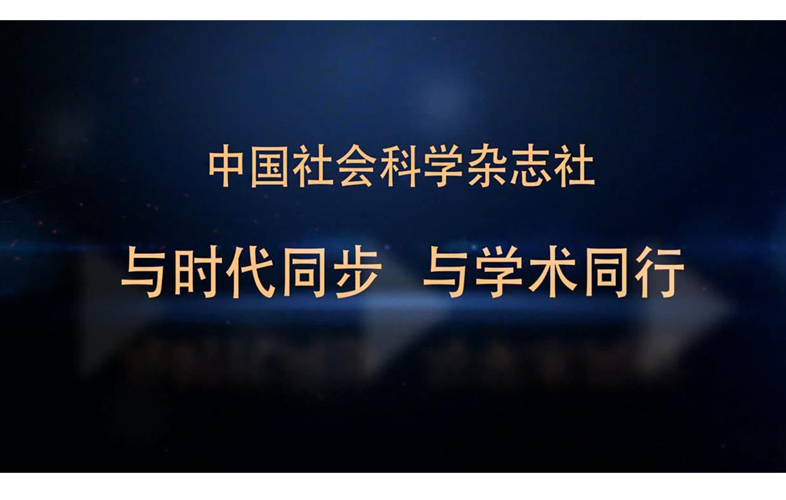Wang Xiangxian
School of Politics and Public Administration, Tianjin Normal University
Abstract:Paternity leave, a social policy first implemented in China some twenty years ago, has a direct bearing on fatherhood. It marks a preliminary attempt to promote the transition from fathers’ lack of involvement to engagement founded on cultural recognition and economic and political redistribution. The intergenerational continuity of the absent father, the reproduction of this absence through the extended family, the limited fatherhood created by employers through a consensus about human feelings, and the way local governments are taking the lead in paternity leave, ahead of the central government, jointly build the mainstream model of the absent father. Fathers should indeed provide day-to-day care for their children, but only as helpers; this means that short-term paternity leave is an appropriate way for new fathers to take on their responsibilities. This notion, however, not only fails to meet the new needs, responsibilities and rights of some fathers who wish to actively care for and bond with their children, but also further consolidates the gender division of labor (in which men are innately breadwinners and women homemakers), a division that is inextricably linked with people’s interests, ethics and emotions in contemporary China. The low fertility in today’s world calls for a significant change in the gender division of labor. Actively embracing a caring role is not only a work right and an emotional right for fathers, but also heralds emerging civil rights and marks a new development in social emotions. In this sense, the transition to care-giving fathers should not be that difficult.
Keywords: paternity leave, fatherhood, childbirth, gender division of labor

- 1 The Marxian Concept of Justice Based ...
- 2 The Basic Issues concerning the Const...
- 3 The Reordering of Relationship and th...
- 4 A New Perspective on Raising Energy E...
- 5 The Income Redistribution Effect of G...
- 6 Special Issue: The Distinctively Chin...
- 7 Theorizing the Gendered Patriarchy of...
- 8 “Family-bound” or “Pulled by Work...
- 9 A Division of Labor Perspective on Mo...
- 10 Social Sciences in China(No.1,2020)


